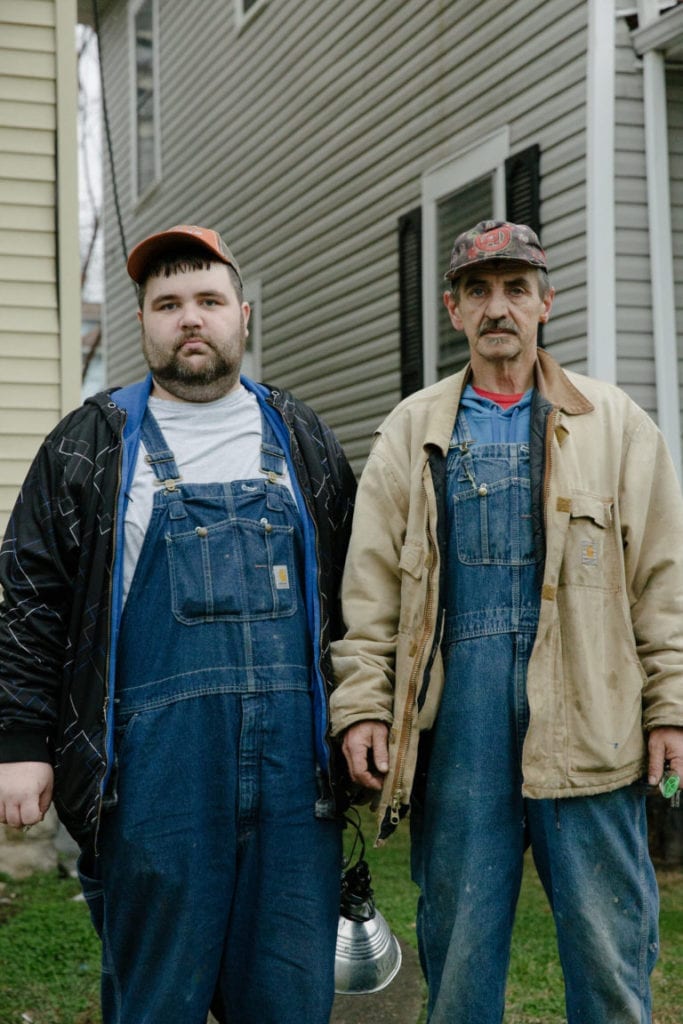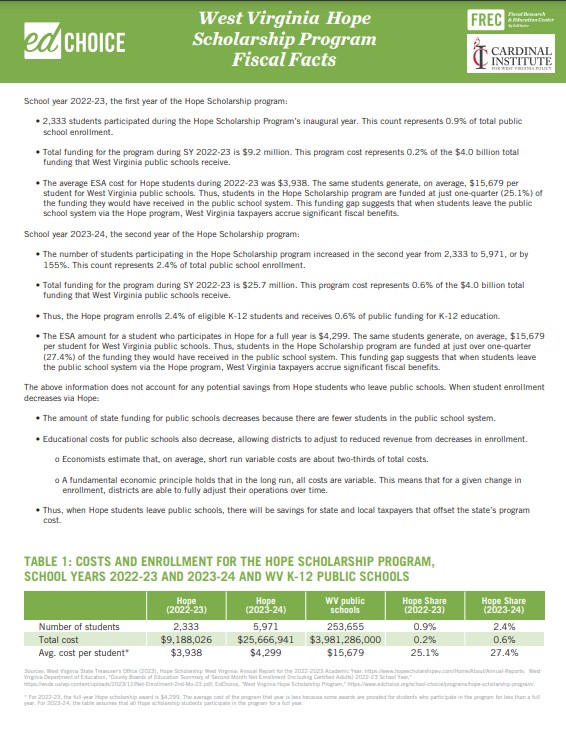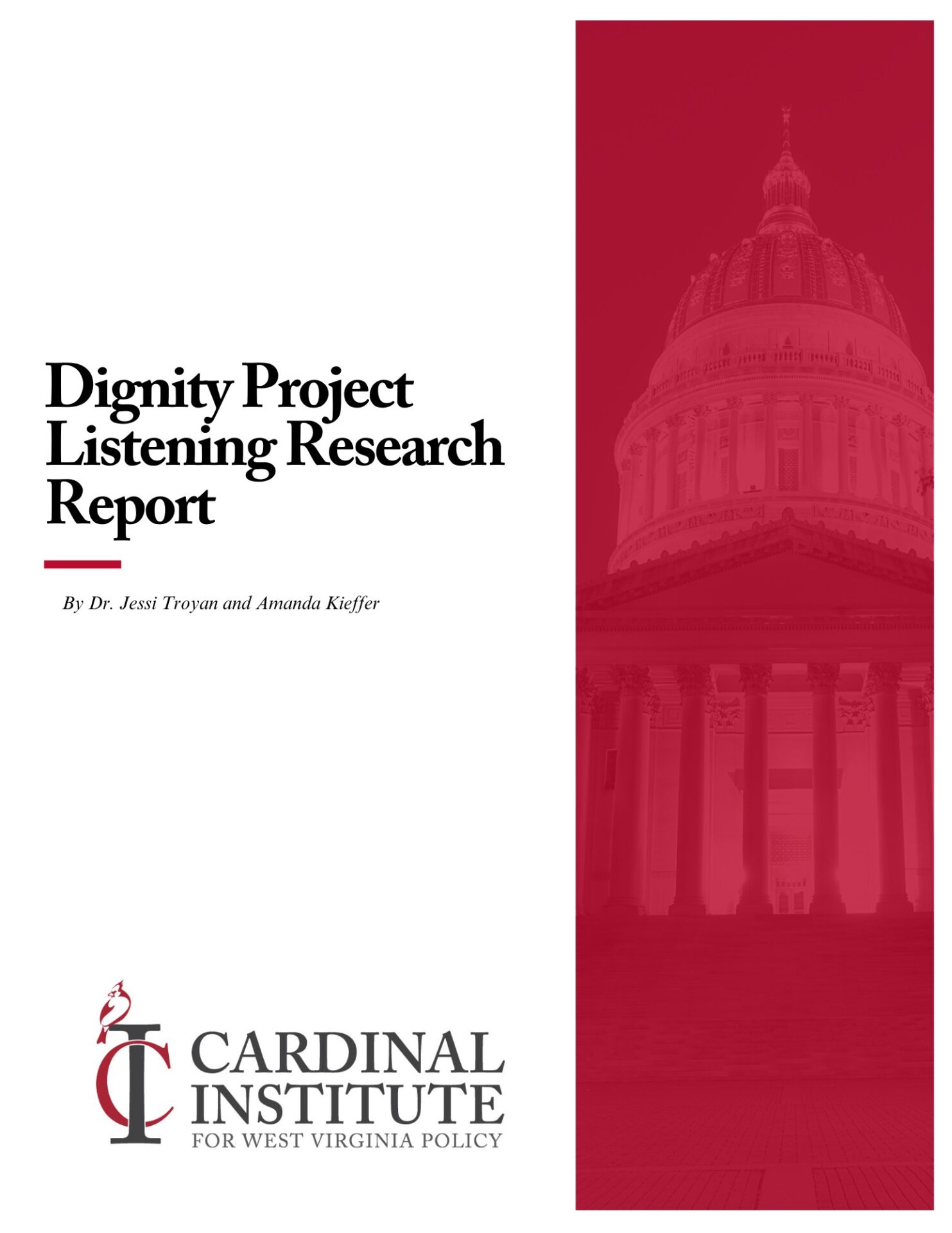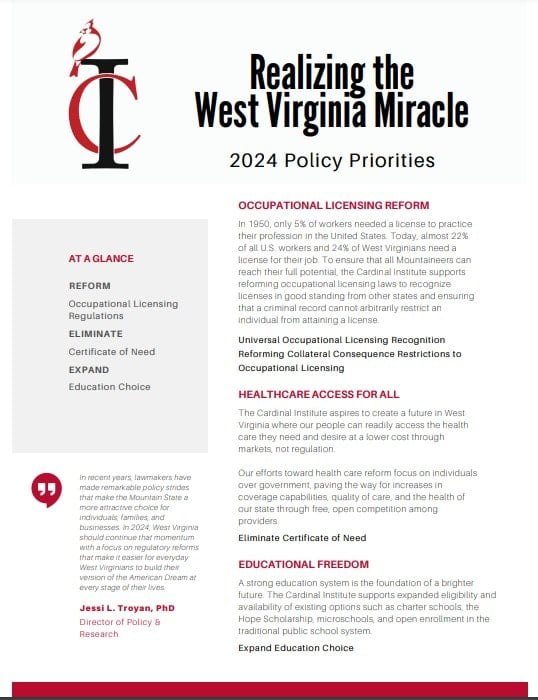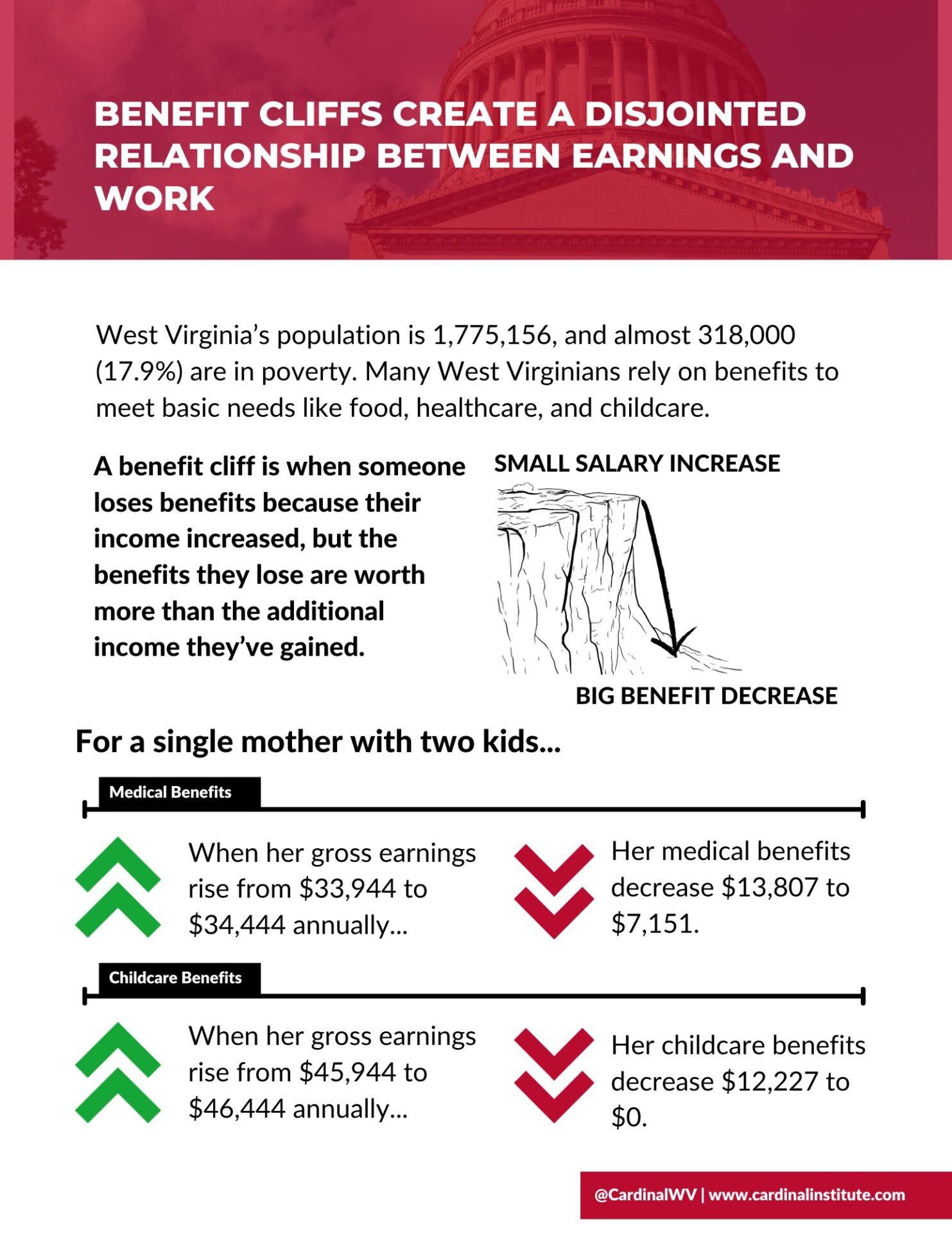Not yet a month out from Joe Biden’s first day in office, the newly inaugurated President has signed 25 executive orders and proposed plans for impactful change across the nation. Lumped into a $1.9 trillion COVID-19 relief bill, the President has suggested increasing the federal minimum wage to $15 an hour.
The Biden administration argues that the wage increase helps alleviate the number of people living in poverty and will pump more monies into the economy. However, this claim is founded in immense inaccuracy and emotion rather than economics. A new paper by the National Bureau of Economic Research unveils why.
The authors of the working paper revealed that when they began their research, they realized the significant absence of how economists reviewed the minimum wage effect that claimed to increase job growth. The paper concluded that economic evidence suggests rising minimum wage costs negatively and directly affect employment prospects. Most importantly, the new research reveals that economists who proclaim there is “little to no effect” on employment have disregarded significant pieces of evidence — most importantly, that evidence points to negative employment effects.
“In its totality, this body of evidence and conclusions points strongly toward negative effects of minimum wages on the employment of less-skilled workers,” the research articulates.
A 2019 study from the Congressional Budget Office concluded this same point, explaining that many low-wage workers would become jobless while only some earnings would be increased. Across the nation, states are seeing industries come together to create a campaign against this policy. If the new administration successfully passed a new federal minimum wage, states like West Virginia would face the brunt of adverse effects from the increase.
For California, a state far more prosperous than the mountains of West Virginia, raising the minimum wage led to a 5% employment reduction and increase in low-wage employees. In addition to worsened wage structures, a 2018 paper explored the correlation between employee benefits and wages. They discovered data that exhibited a mandated minimum wage increase would reduce companies’ likelihood to provide health insurance. In a rural area that already faces healthcare tribulations, this could be detrimental.
A $15 federal wage mandate would be a 100% increase of West Virginia’s current minimum wage. Combine this policy with the COVID-19 government shutdowns and watch as each business owned by mountaineers closes its doors.
Progressive advocates unfailingly encourage policies that sound good but fail to look at the larger picture. The same individuals who declare their hatred of the top 1% would only cause them to grow richer with mandated federal wage increases, continuing to leave Americans, like those in West Virginia, fighting for scraps.
If we want to improve Americans’ lives, we should be looking for better ways to do so and disregard arguments that are timeworn and unsound. It has never been so important to reject the new administration’s proposal of a federal wage increase.
Jessica Dobrinsky is a Policy Development Associate with the Cardinal Institute for WV Policy.



